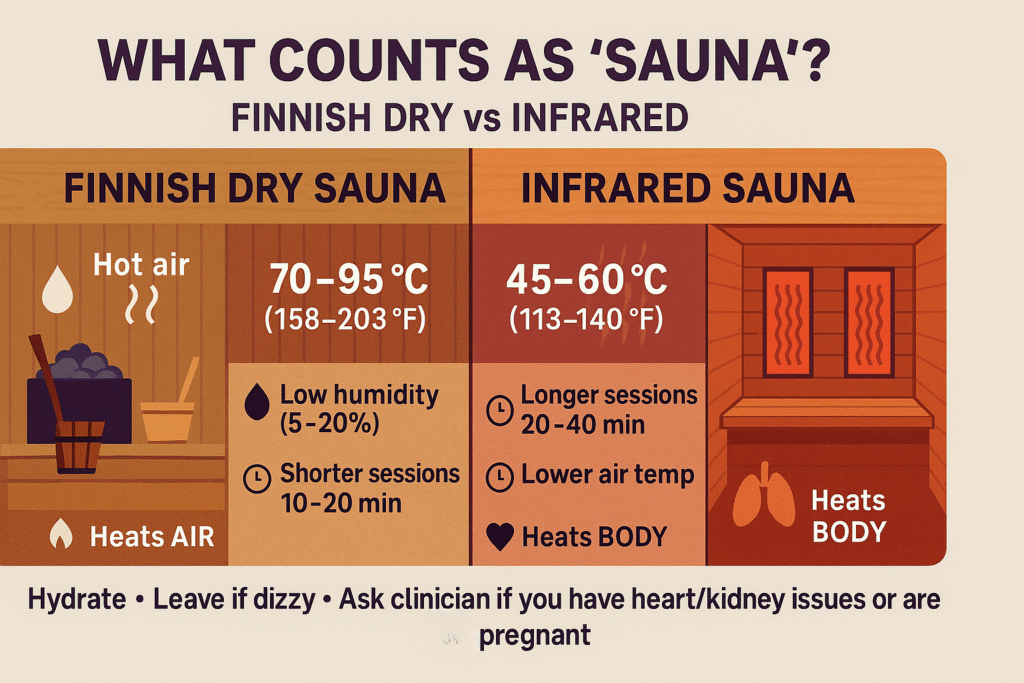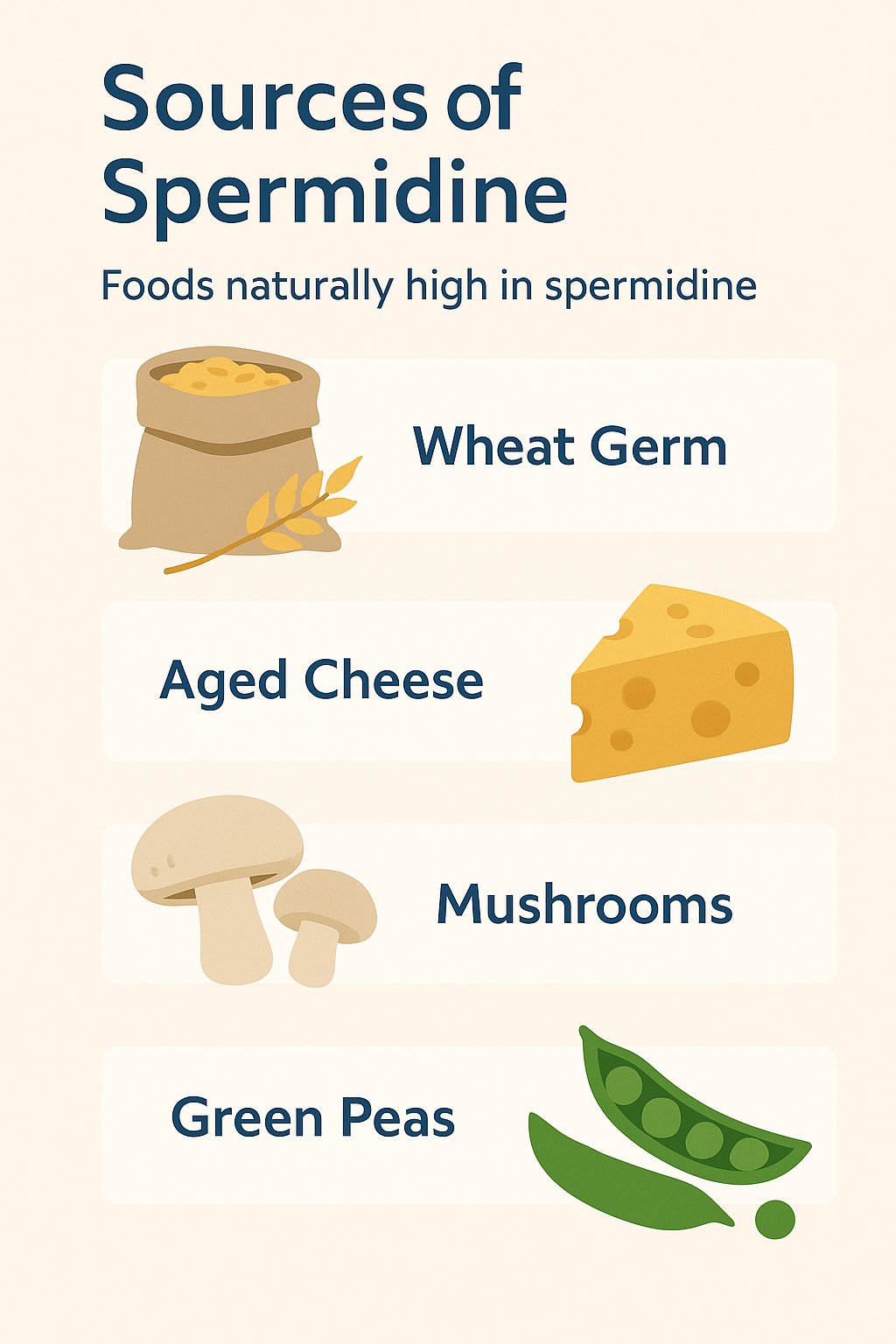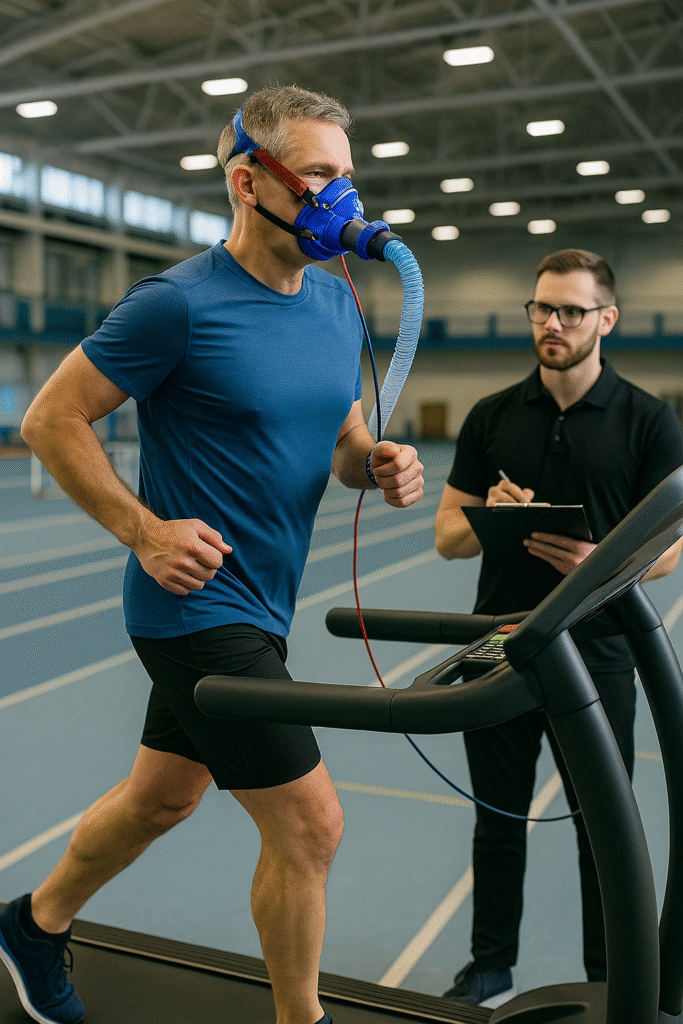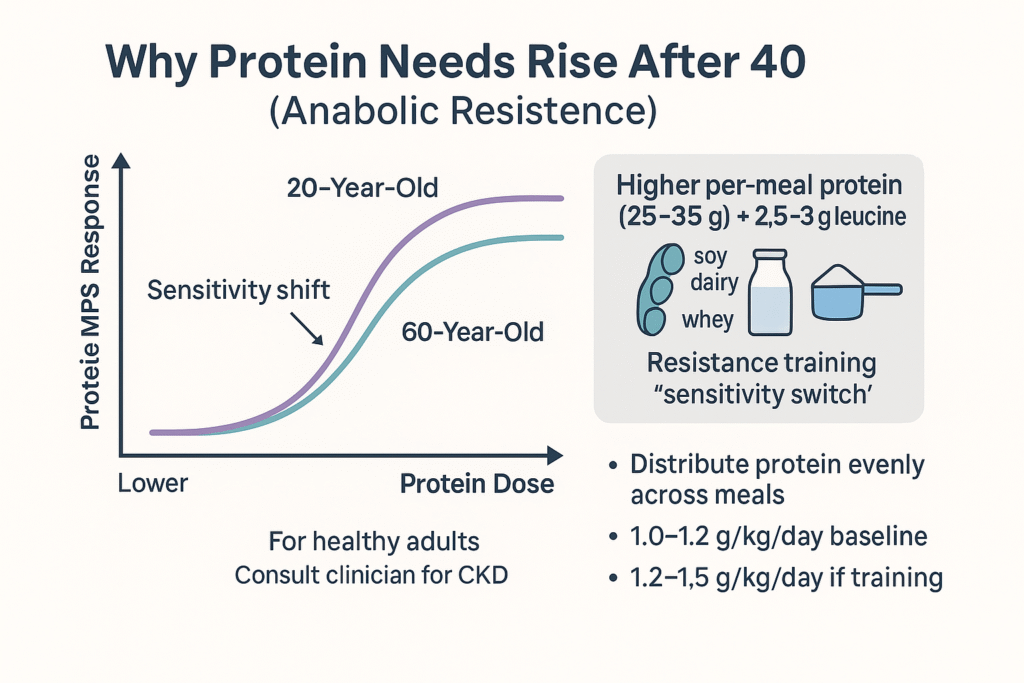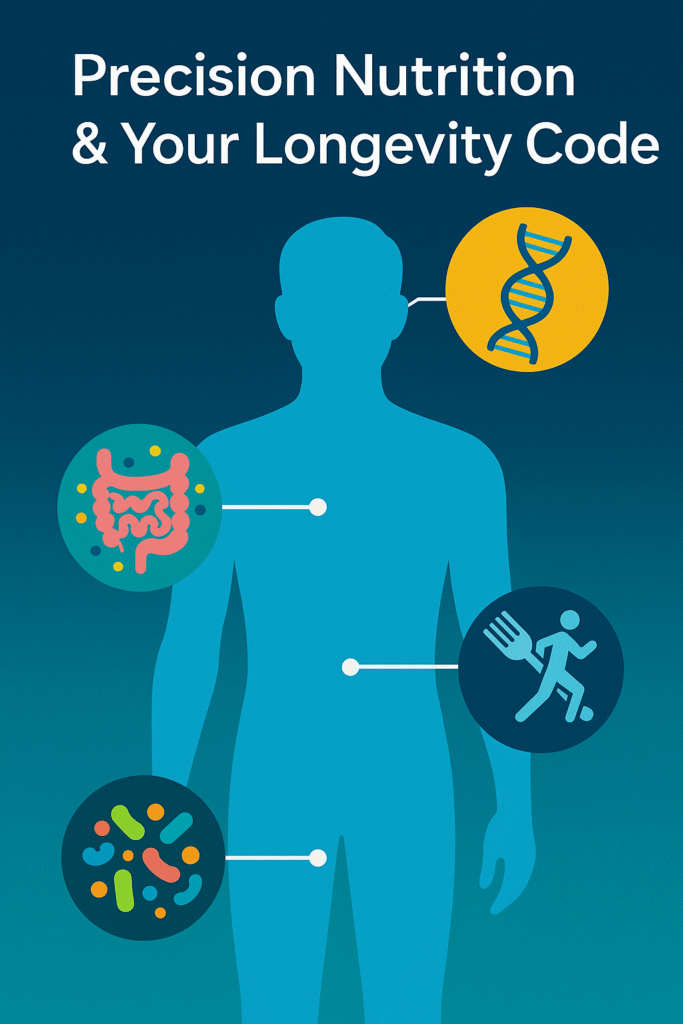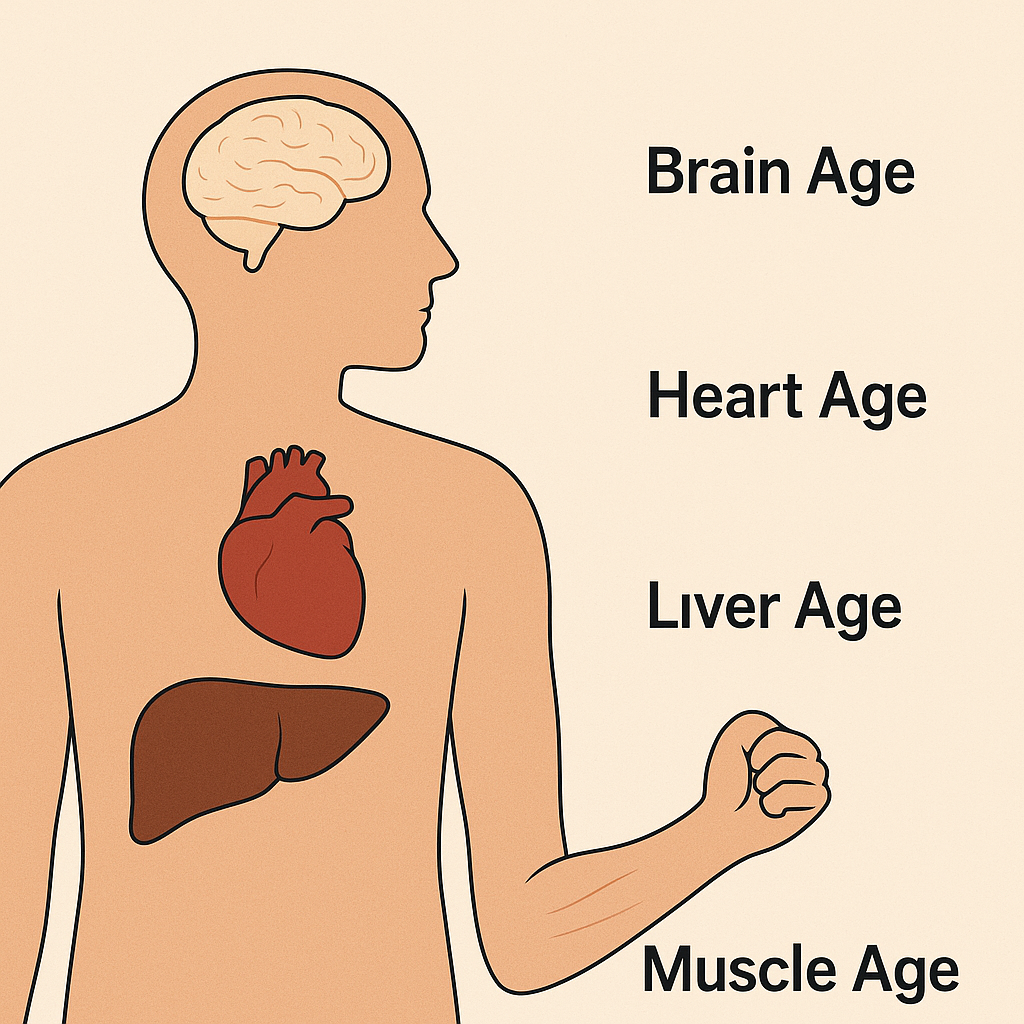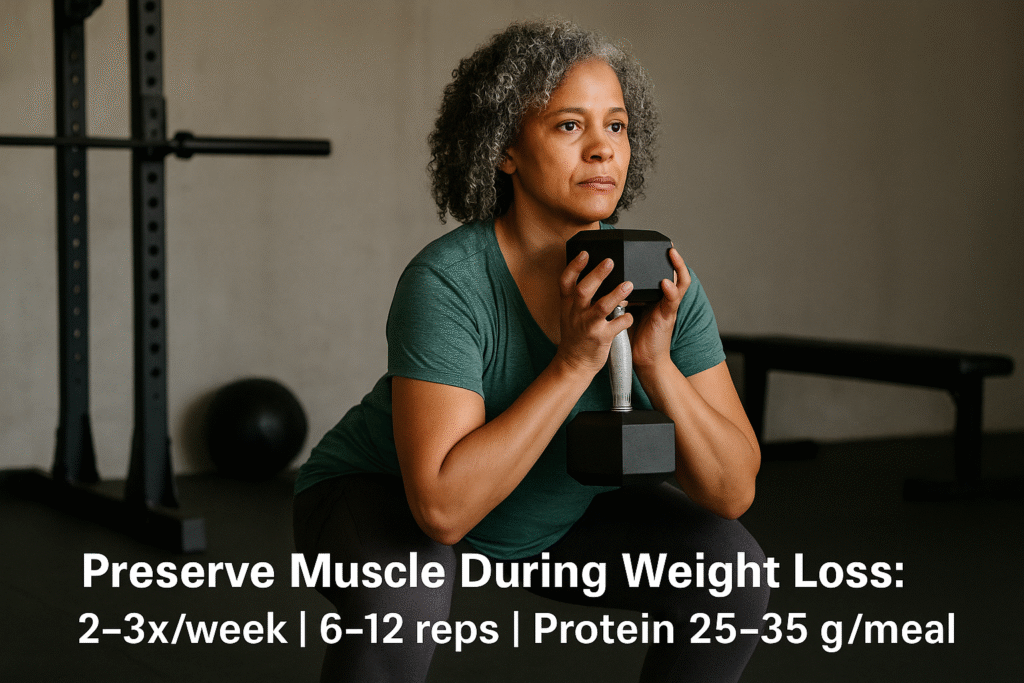Introduction: A Journey into the Mind
As we navigate the twilight years of life, the vitality of mental health cannot be understated. With the passage of time, the mental faculties that once felt unassailable may now seem fragile, leaving many seniors grappling with newfound challenges. Yet, amidst these shifting sands, meditation emerges as a beacon of hope—a gentle yet powerful tool that promises to rejuvenate the aging mind. Meditation not only offers a respite from the stresses of daily life but also serves as a bridge to deeper self-understanding and emotional balance, crucial for maintaining mental agility in later years.

Understanding the Aging Mind: The Need for Mental Wellness
- Demystifying the changes in mental health as we age: As the body ages, so does the mind. Changes in cognitive functions, memory, and emotional regulation are common, yet often misunderstood phenomena. Delving into the science behind these changes not only demystifies them but also empowers seniors to seek appropriate interventions. Understanding these changes helps in preparing for them, thus reducing anxiety and fear associated with aging.
- The crucial role of mental well-being for seniors: For seniors, maintaining mental health isn’t just about memory exercises; it’s about sustaining quality of life. Studies show that mental well-being directly influences physical health and overall life satisfaction in older adults. Mental wellness in aging is as critical as physical health, with both needing attention and care to ensure a holistic approach to aging.
- Statistics on mental health issues in the elderly population: Current research indicates that over 20% of adults aged 60 and over suffer from a mental or neurological disorder. The most common conditions include dementia, depression, and anxiety, underscoring the need for effective mental health strategies. This statistic highlights the urgency and necessity of addressing mental health proactively throughout the aging process.
Meditation: A Gateway to Healthier Aging

- Defining meditation and its various forms: Meditation is a practice where an individual uses techniques like mindfulness, or focusing the mind on a particular object, thought, or activity, to train attention and awareness, and achieve a mentally clear and emotionally calm state. From mindfulness to transcendental meditation, the forms are as varied as they are effective. This diversity ensures that there is a form of meditation that can suit individual preferences and lifestyles, making it accessible to all.
- The alignment between meditation practices and aging mental health: Meditation offers tools that can significantly enhance the cognitive and emotional aspects of aging. Regular practice can lead to improved focus, lower stress levels, and a greater sense of peace and well-being. Moreover, it helps in managing age-related stressors and enhances resilience against emotional upheavals.
- Neuroscience and meditation: How it supports the aging brain: Neuroscience research reveals that meditation can lead to structural changes in the brain, including increased gray matter density and enhanced connectivity in brain networks associated with memory and attention. These changes contribute to the slowing down of the cognitive decline associated with aging and improve overall mental acuity.
Mid-article Hook: Beyond the Mind—A Heartfelt Story
Imagine the journey of Evelyn, a 78-year-old who discovered meditation after the onset of her husband’s dementia. Her story is not just about coping but thriving, as she finds solace and clarity in the quiet moments of introspection that meditation provides. Her transformation is a testament to the profound impact of these practices on the aging mind, illustrating how these techniques can profoundly alter one’s emotional landscape and coping strategies.
Empirical Evidence: The Impact of Meditation on Senior Mental Health
- Summarizing landmark studies on meditation and aging: A review of several studies highlights that seniors who engage in regular meditation experience measurable improvements in their mental health, including reduced symptoms of depression and anxiety. This body of research serves as a powerful testament to the efficacy of meditation in managing and improving mental health in the elderly.
- Real-life case studies: Seniors who transformed their mental health through meditation: Case studies, like that of Evelyn, showcase personal stories of seniors who have turned their mental and emotional health around through meditation, offering hope and inspiration to others. These stories not only provide practical examples of the benefits but also humanize the statistics, bringing to life the positive changes that meditation can foster.
- Comparing the mental health of meditating seniors versus non-meditating peers: Research indicates that seniors who meditate regularly report better mental health outcomes compared to their non-meditating peers, including lower levels of stress and a better overall mood. This comparison starkly highlights the benefits of incorporating meditation into daily routines for aging populations.
Incorporating Meditation Into Daily Life: Practical Tips for Seniors

- Simple meditation practices suitable for elderly beginners: Starting with just a few minutes of guided breathing or mindfulness meditation can open the door to the benefits of this practice without overwhelming the practitioner. These small steps can significantly enhance the accessibility of meditation, making it a feasible option for seniors regardless of their prior experience with such practices. Insure that the environment contributes to your meditation such as a quiet space that is both comfortable and serene where you can focus on your thoughts. One tool that can help you get comfortable is this Florence Meditation Cushion that supports your posture while relieving joints and lower back pain during mediation.
- Adapting meditation techniques for different abilities and health conditions: Tailoring meditation practices to fit physical limitations or cognitive impairments can help seniors incorporate meditation into their daily routine effectively. This adaptability ensures that everyone, regardless of their health status, can benefit from the calming and restorative effects of meditation.
- Supporting elderly loved ones in starting a meditation routine: Encouragement and support from family members can be crucial. Simple steps like joining in a meditation session can make a significant difference in motivation and persistence. This communal approach not only facilitates a shared experience but also reinforces the mental health benefits across generations.
Conclusion: Embracing a Mindful Twilight
In embracing meditation, seniors find not just a strategy for managing aging but a pathway to living their golden years with grace and vitality. As the mind and body navigate the complexities of aging, meditation offers a respite—a peaceful harbor in the storm—promising a healthier, more joyful journey through the later chapters of life. Through meditation, seniors cannot only address the pain points associated with aging mental health but can also discover a profound sense of renewal and peace, enriching their lives with calm and purpose.
Disclaimer: Some of the links displayed may be affiliate links, which means that if you click on the affiliate link, I may receive a small commission. The commission is paid by the retailers and at no cost to you which helps to support this channel with the growing content. Thank you! In addition, I am not a medical professional. Ideas presented in this article are for entertainment and informational purposes only. Please do your own due diligence and seek medical advice from a licensed healthcare professional before starting any new regimen, diets, supplements, or programs to ensure it is safe and suitable for your individual health needs and circumstances. No material on this video is intended to be a substitute for professional medical advice, diagnosis, or treatment. Always seek the advice of your physician or other qualified health care provider with any questions you may have regarding a medical condition or treatment.


